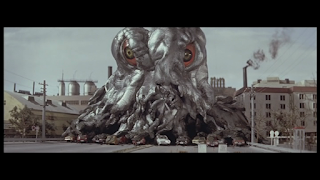What is Progress?
Progress does not mean movement that closes in on some ultimate goal. Nor does progress imply a single direction to history. Progress is movement away from past errors and terrors - movement outward , in an infinite number of directions. We measure progress not by our proximity to perfection, but by our distance from oppression. And this distance is not measured in years - the mere passage of time does not imply progress. To think that it does is to fail to understand the second law of thermodynamics. The comparison I keep coming back to is gravity. Moving out, away, exploring the vast unknown universe of possibilities requires attaining escape velocity. An enormous amount of force and energy must be used, directed with extreme precision. This will be and is such an enormous cost of resources that most of what we are must be fuel , burned up and ejected for this purpose alone. If we were ever to stop thrusting outward, we wo...

